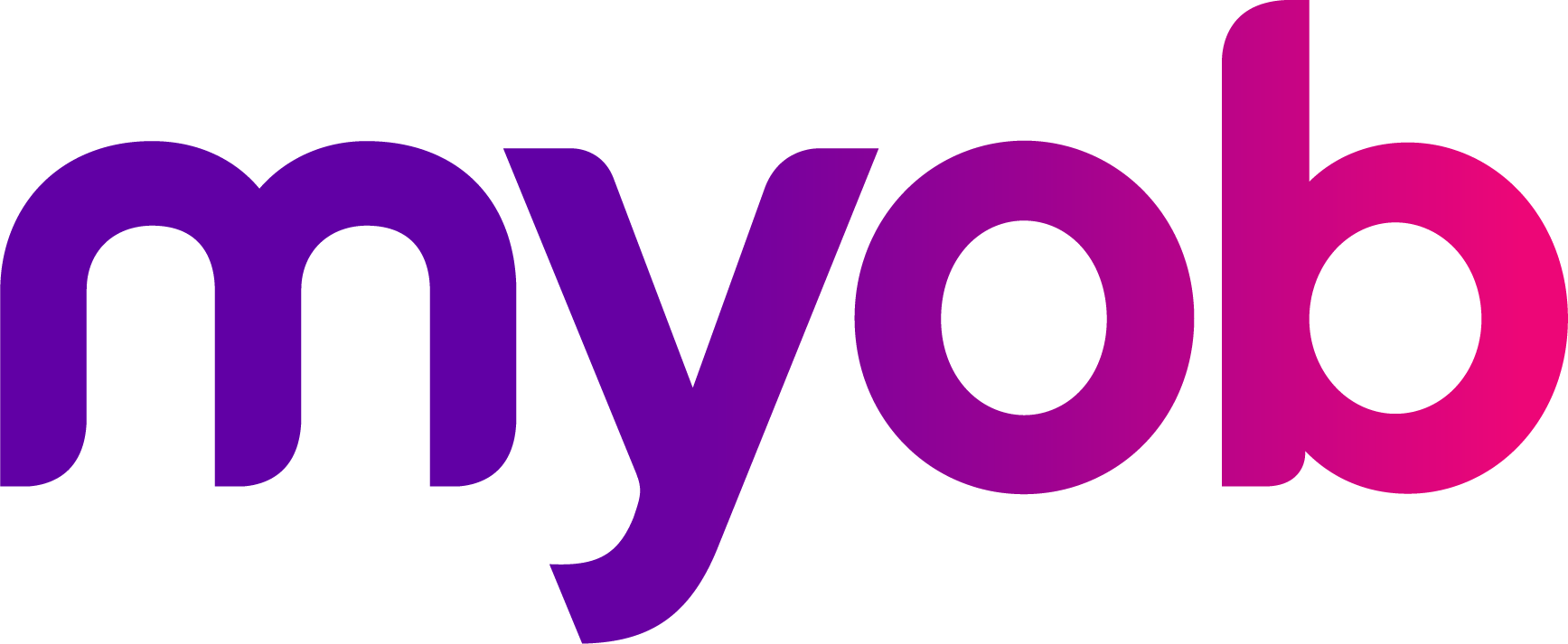Small business owners across the country are being urged to get their accounts straight before the end of a financial year disrupted by Covid-19.
Krissy Sadler-Bridge, of online accounting firm MYOB, says thousands of companies in New Zealand have had to change the way they work as a direct result of the pandemic. Many small and medium enterprises (SMEs) trading without an e-commerce platform found they needed one to stay in business – providing an alternate income stream.
Added to this new environment are temporary and one-off benefits such as the government's carry-back tax scheme, wage subsidies, and lockdown payments.
"These and other changes to 'normal' business operations will make it more difficult for SMEs to get their end-of-year accounts in order," says Sadler-Bridge, the firm's SME sales channel manager.
"Some business owners are in unchartered territory and so bringing order to the disruption, and adopting systems to accommodate these changes, has provided some difficulties. That means it is even more important to keep on top of the finances because, without a clear picture of income and expenditure, profit and loss, tax liabilities and wages, sound business decisions can be hard to make.
"In fact, in a worst case scenario, no decisions on the future of the business are made at all."
MYOB's survey of more than 1000 of its SME customers has revealed that 13 per cent have completely changed their business to cope with lockdowns and trading challenges; 21 per cent have moved to or opened an e-commerce operation; and 32 per cent have ordered more stock than usual to counter supply chain disruptions down the track – potentially putting a strain on cash flow.
Meanwhile, 32 per cent have developed business plans to prepare for alert level movements, 24 per cent planned to extend business hours with 23 per cent planning to run extra sales promotions/offers.
Sadler-Bridge says: "Most business owners are in business to trade, not to manage day-to-day accounting, and the end-of-year crunch is just around the corner.
"MYOB can handle invoicing, payroll, provide an accurate cash flow picture, plus calculate provisional tax and GST. It can really take the pain out of making sure everything is squared away come the year-end – particularly when you link MYOB to your business bank account. That can be a real time-saver."
More than one million businesses in New Zealand use the cloud-based MYOB package, making it the country's most popular business accounting app, says the firm.
Sadler-Bridge says one of the reasons MYOB is so popular with companies large and small is that the accounting package can be moulded to the business's needs.
"The entry-level option (Essential Starter) offers a comprehensive set of tools for managing all the normal things a business needs, and then you just add additional services as and when," she says. "There are more than 50 of them covering payroll, online payments, retail point of sale, CRM and stock control.
"Ultimately, business owners need to remain tax-compliant and MYOB, along with a trusted financial adviser or accountant, can go a long way in ensuring that costly mistakes are avoided.
"We understand this end-of-year period will be a lot different to previous ones for many business owners – and we know adopting MYOB will make a positive difference to SMEs by taking the pain away."
For those currently using an alternative system, MYOB can copy your accounts to its platform to make the transition painless; for those using a manual system then there's lots of free ongoing-support to get a new MYOB accounting system up and running.
To start a free 30-day MYOB trial visit: www.myob.com/nz

